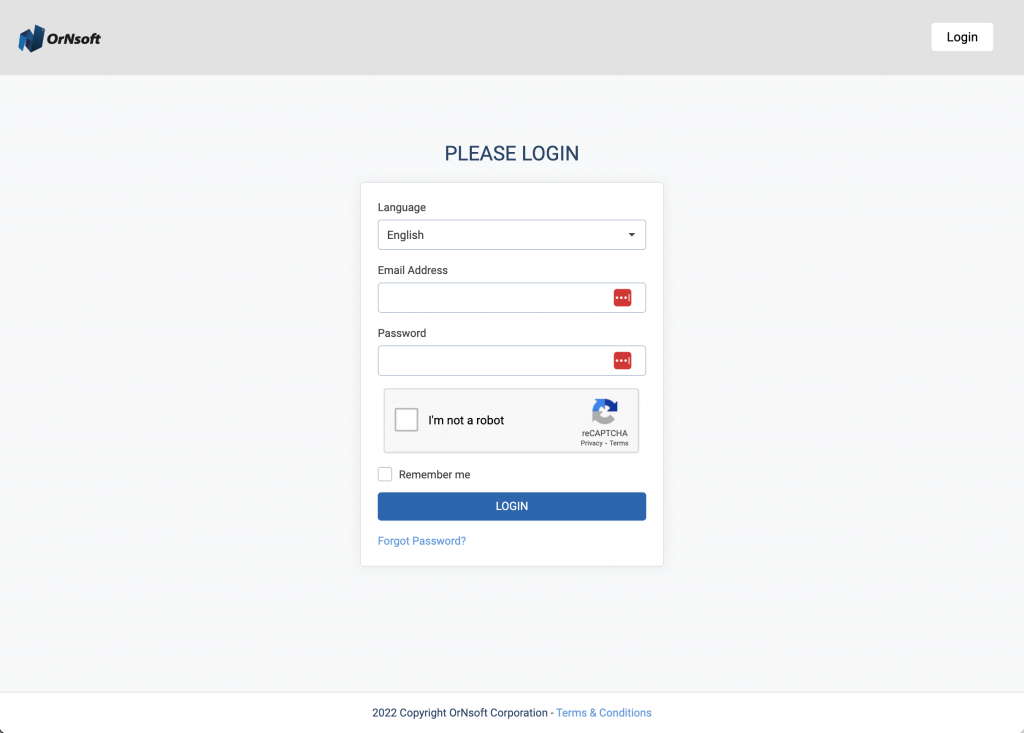Introduction
Artificial Intelligence (AI) and machine learning technologies have revolutionized various industries, offering innovative solutions to complex problems. One such technology that has gained significant attention in recent years is Bayesian Networks. This powerful tool has the potential to transform data analysis and decision-making processes in various fields, from healthcare to finance.
What Is "Bayesian Networks"?
A Bayesian Network, also known as a Bayes network, belief network, or decision network, is a probabilistic graphical model that represents a set of variables and their conditional dependencies via a directed acyclic graph (DAG). These networks are used to model uncertain knowledge and to reason under uncertainty, effectively combining elements of graph theory and probability theory. Bayesian Networks are particularly useful in situations where there is incomplete or uncertain information.
History of "Bayesian Networks"
The concept of Bayesian Networks was first introduced by Judea Pearl in the 1980s, who was inspired by the Bayesian interpretation of probability. Over the years, Bayesian Networks have evolved and expanded, with advancements in computational capabilities and the rise of AI and machine learning technologies. Today, these networks are widely used in various fields, from computer science and statistics to artificial intelligence and machine learning.
Importance of "Bayesian Networks"
In the current tech landscape, Bayesian Networks play a significant role in data analysis and decision-making processes. They provide a mathematical representation of complex, real-world systems, allowing for probabilistic reasoning and predictive modeling. With the rise of big data and AI, the importance of Bayesian Networks has only increased, as they offer an effective way to handle uncertainty and complexity in data.
Practical Applications
Bayesian Networks have a wide range of practical applications. In healthcare, they’re used to model genetic diseases and predict patient outcomes. In finance, they help in risk management and investment decision-making. In AI development, Bayesian Networks are used for probabilistic inference, pattern recognition, and machine learning, among other things. They’re also used in environmental science to model ecological systems and predict climate change impacts.
The Role of ‘Bayesian Networks’ in Modern Enterprises
In today’s business landscape, Bayesian Networks can provide valuable insights to drive decision-making and strategy. They can be used to model business processes, predict market trends, and manage risks. For example, a company might use a Bayesian Network to predict the success of a new product launch, based on various factors like market conditions, competitor actions, and consumer behavior. This allows businesses to make data-driven decisions and improve their strategic planning.
Case Study
A prominent example of the successful implementation of Bayesian Networks is in the field of healthcare. The Cleveland Clinic, a leading healthcare provider, used Bayesian Networks to predict patient readmission rates. By modeling various factors like patient demographics, medical history, and treatment plans, they were able to accurately predict the likelihood of readmission, allowing them to improve patient care and reduce costs.
Future Outlook
The future of Bayesian Networks looks promising, with advancements in AI and machine learning likely to drive further growth. With the increasing availability of big data, the scope for Bayesian Networks to provide valuable insights and predictions is only set to increase. Moreover, the integration of Bayesian Networks with other AI technologies like deep learning could open up new possibilities for data analysis and decision-making.
Conclusion
Bayesian Networks are a powerful tool in the AI toolkit, offering a robust method for dealing with uncertainty and complexity in data. As we move into an increasingly data-driven world, the importance of Bayesian Networks is only set to increase. Whether it’s predicting market trends, managing risks, or improving patient care, Bayesian Networks have the potential to transform various industries and processes.
Intrigued by the potential of AI for your business? Schedule a free consultation with us here.

